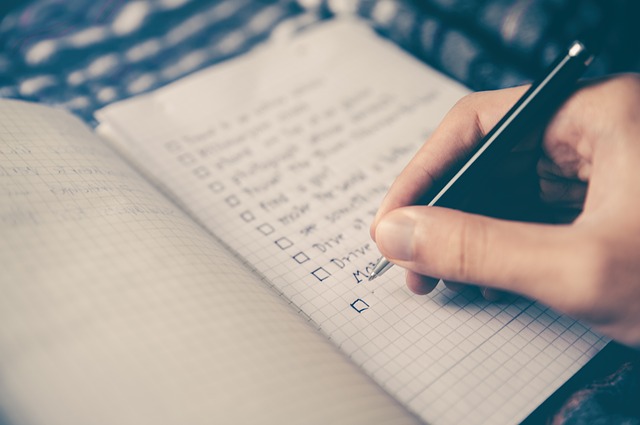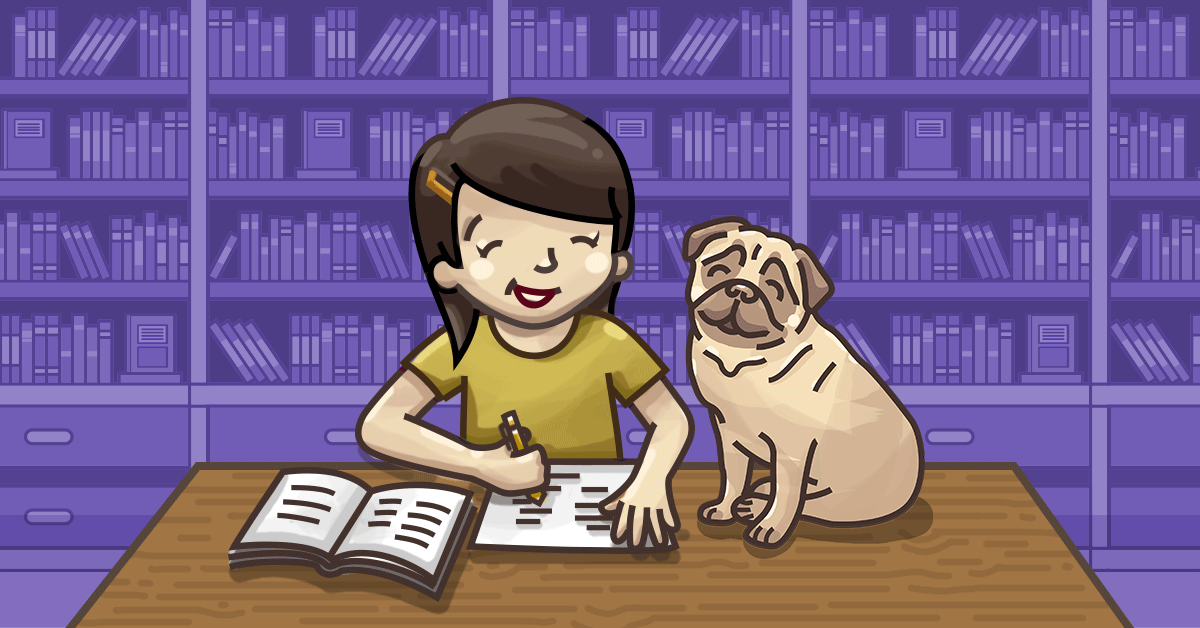The transition from primary school to secondary school can be a tricky time for many students across the UK. The thought of a new school environment with new teachers and classmates can seem like a daunting and intimidating prospect. As a parent, you may be worried about how they’ll cope on their first day and if there’s anything you can do to help make the transition a pleasant experience.
Fortunately, there are a few things that can be done to help ease the stress associated with starting a new school, so let’s take a look at them now.
Talk It Out

Firstly, try and establish a dialogue with your child so that they know that they can raise any concerns they may have. You may need to lead the discussion at times, but it’ll be a worthwhile exercise that should allow you both to talk about things that may be causing unnecessary stress. You could also use this opportunity to relate to their situation by referring to your own memories of secondary school and how you managed to cope with the same situation.
While talking with them, remind them that every other student is in the same boat. They may find themselves in different classes than their primary school friends, but that’s just an opportunity to make even more friends. Remind them that they’ll always be able to catch up with their old friends during their breaks.
If your child has a mobile phone, remind them that you are only a text/call away if they need you. Having said that, you should also let them know that during class they should have their mobile phones off or on silent, and they should be paying attention to the teacher.
Practice & Build Routines

To help ease the stress, you may want to consider doing some practice runs to and from the school. This will allow you both to establish a routine and assess how long it takes to get to school from your house. Getting your child familiar with the route whether its by car, foot, bike, or bus, can help ease any anxiety they may have.
You should also encourage them to get into a good routine in the morning. Have them set their alarm and get them used to getting cleaned up and ready for school. Make sure that they have the appropriate uniform on, that they have the correct books in their bags, and that they have stationary (pens, pencils, eraser, ruler) too.
If they’re bringing a packed lunch, you might want to consider preparing it with them the night before school so that there’s one less thing to do in the morning rush.
As mentioned above, let them know that you’re only a call or text away should they need you, but you should also discuss a plan for what they should do outside of calling if they find themselves lost or in trouble. Remind them not to panic and that they’re not expecting to know the school halls inside and out. Teachers and staff will understand if students are late to class or if they get a little lost. The teachers and staff are also their to support them, so your child shouldn’t be afraid to ask for help.
Manage Expectations

Lastly, make sure that you manage their expectations so that they’re not overwhelmed on their first day of school. Hopefully, the secondary school invited your child to a taster day, which would have helped them gain a better idea of what to expect in their secondary school classes.
Many of our students at StudyPug are the younger students that have just made the transition from Year 6 to Year 7. We provide them with additional maths support to help ease the workload and assist them in building their knowledge across the new topics being introduced to them. If you feel like your child would benefit from a little assistance in making the transition, browse our year 7 maths topics. Talk with your child and assess if they feel comfortable tackling the topics covered throughout the year. If not, our videos will do a great job in helping them break down complex maths problems and should help them to feel a lot more comfortable in their maths class.
Not only will there be a jump in difficulty, but the classroom dynamic and atmosphere will be a lot different than primary school too. Your child will be treated as a young adult and they’ll be expected to take on more responsibilities as a result. There will be a focus on them taking ownership of their learning, making sure they take notes in class, and logging homework assignments too. Additionally, disruptive behaviour in class will be met with more severe punishments (detention after school).

It might be helpful to check with your child after school to see how they processed the information given to them. That way you can assess if they were able to keep track of all of the assignments given to them. If not, you can devise additional strategies to help them keep track of everything whilst they’re getting settled.
Hopefully, this article has given you some idea of how you can ease the transition into secondary school for your children. Keep in mind that they’re bound to be nervous and that support from you will be appreciated. Remind them that you went through the same thing at their age and that everyone in class is in a similar situation. In time, they’ll become comfortable in their surroundings and as a result, they should be able to make friends and find some enjoyment in school (if only slightly) haha.
If you have any questions relating to this article, feel free to contact as via twitter @StudyPug.











